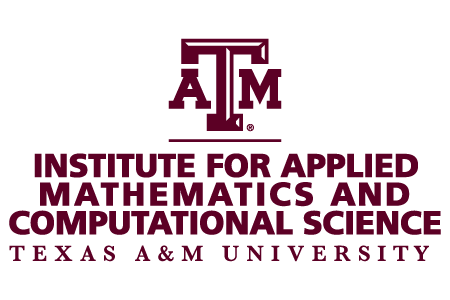Joint Estimation of Multiple Bivariate Densities of Protein Backbone Angles Using an Adaptive Exponential Spline Family
November 28, 2012
2:30 p.m.
Mehdi Maadooliat
Abstract
This work develops a method for joint estimation of multiple bivariate density functions for a collection of populations of protein backbone angles. The method utilizes an exponential family of distributions for which the log densities are modeled as a linear combination of a common set of basis functions. The basis functions are obtained as bivariate splines on triangulations and are adaptively chosen based on data. The circular nature of angular data is taken into account by imposing appropriate smoothness constraints across boundaries. Maximum penalized likelihood is used for fitting the model and an effective Newton-type algorithm is developed. A simulation study clearly showed that the joint estimation approach is statistically more efficient than estimating the densities separately. The proposed method provides a novel and unique perspective to two important and challenging problems in protein structure research, namely structure-based protein classification and quality assessment of protein structure prediction servers. The joint density estimation approach is widely applicable when there is a need to estimate multiple density functions from different populations with common features. Moreover, the coefficients of basis expansion for the fitted densities provide a low-dimensional representation that is useful for visualization, clustering, and classification of the densities.

